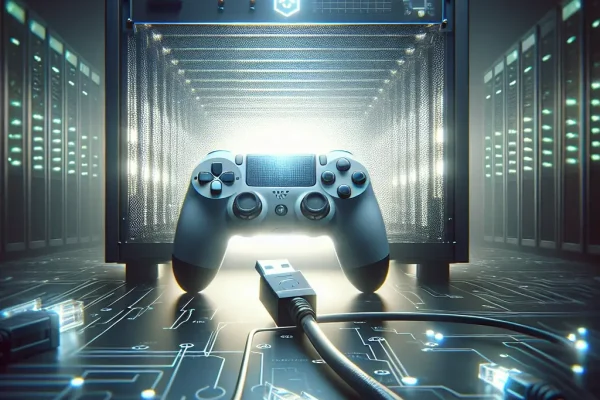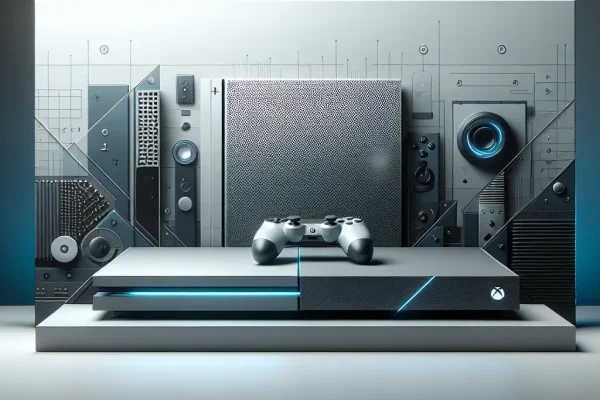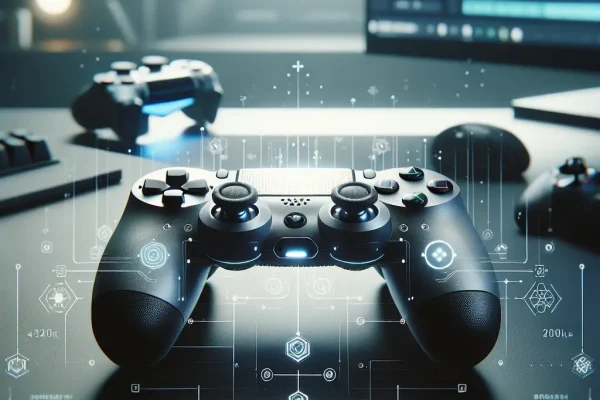What if the next hit videogame you love could vanish at launch—simply because of a patent? This isn’t science fiction. It’s playing out in real time as Nintendo’s recent Pokémon patents ignite a global debate among legal scholars, developers, and fans. As controversy explodes, some leading legal experts call it a “shocking failure” of the US patent system—one that could snuff out creativity and reshape the industry for decades (PC Gamer, 2024). At stake are not only franchise profits but the future of indie games and player-driven innovation. ⏳
The Problem: What’s Happening in the Nintendo Pokémon Patent Controversy?
In June 2024, Nintendo alarmed the industry by securing multiple US patents on core Pokémon game mechanics—such as creature fusion and signature battle systems—triggering outcry from IP experts and rival developers. So what’s new here? While game patent applications are nothing unusual, Nintendo’s latest claims have been labeled excessively broad, targeting not just code or technology, but abstract gameplay rules and creative ideas.
Critics argue these Pokémon game mechanics patents should never have been approved under current US law. “These patents should not have happened,” says IP attorney Richard Hoeg. The protected ideas include creature-combining mechanics and innovative battle flows—concepts that have inspired dozens of “Pokémon-like” indie titles (PC Gamer).
The backlash intensified when it was discovered that developers—even those outside the Pokémon IP—could be at risk just for using similar gameplay ideas, stoking fears of rampant patent abuse in video games. Many are now questioning: Are Nintendo’s Pokémon patents legal? Does the system protect true invention, or stifle it?
Courtroom Battles: Nintendo Patent Lawsuit Potential
The controversy has already prompted speculation about legal showdowns. If Nintendo aggressively enforces these patents, indie studios and competitors could face expensive lawsuits or forced removals from digital stores—a grim prospect for innovation across the industry. As IGN puts it, “This is a failure of the US system. These kinds of patents should never have been issued.” IP lawyers warn that lawsuits could pile up, with many unable to afford defense.
Why It Matters: Human and Economic Impact
The Nintendo Pokémon patent controversy is more than a technical quibble—it could reshape jobs, the global gaming economy, and creative freedom. Here’s how:
- Chilling Effects for Indie Developers: The implications of Nintendo Pokémon mechanics patents on indie developers are severe. With previously legal mechanics now under threat, small studios may abandon promising projects—or never risk starting them.
- Economic Slowdown in Game Creation: Citizens, not just studios, lose out if creativity stalls. With AAA firms locking mechanics behind legal battles, fewer innovative games reach the market, cutting into jobs and pushing up prices for consumers.
- Global Innovation Chilled: As the US patent system comes under fire for controversial grants (recent US patent scandals are not rare), overseas studios may pivot away from American markets—damaging US influence and soft power in the gaming sector.
An Emotional Toll on Creators and Players
Imagine sinking years of work into a fan game or novel RPG, only to find it yanked by a cease-and-desist based on a broad gameplay patent. The result? Crushed morale, with talented designers leaving the field—and fans deprived of fresh experiences. Legal fragility like this chills entire creative communities, especially marginalized or underfunded creators struggling to reach audiences.
Expert Insights & Data: What the Authorities Are Saying
Respected IP attorneys and gaming law experts have roundly criticized the Pokémon game mechanics patents, arguing that the US patent system’s broadness allows for “patent abuse in video games.” Consider these direct insights:
“These patents ‘should not have happened’ and represent a regime that can block even small innovations.” — Richard Hoeg, game IP lawyer (PC Gamer)
“Nintendo has dramatically overreached; this is a failure not just for developers, but for every player who wants gaming to move forward.” — Patent attorney cited in IGN
“When core mechanics are locked up, fan projects and indie innovation go out the window.” — Legal analysis, Ars Technica
Also notable: The past decade has seen a 74% increase in video game patent litigation in the US (USPTO, 2023). Many challenges, experts say, are tied to overbroad claims that wouldn’t survive in Europe or Japan.
How Do Videogame Patents Work?
US law allows patents for “novel and non-obvious” inventions—and, controversially, for certain processes or mechanics if they can be described as technological. Critics point out that this definition, vague in practice, opens the door to patenting gameplay ideas that are more arts than science.
Are Nintendo’s Pokémon Patents Legal?
The answer is bitterly contested. While US agencies granted Nintendo’s claims, multiple IP experts argue that these should not withstand future legal challenges—especially after the Supreme Court’s Alice decision, which narrowed the scope of abstract idea patents. “If this stands,” warns Ars Technica, “it’s a roadmap for trolling indie games out of existence.”
Future Outlook: Risks and Opportunities
The coming years will test the resilience of both game creators and legal protections. Likely scenarios include:
- Increased Litigation: Further Nintendo patent lawsuit cases could deter studios from launching new titles, or force more resources into legal defense over development.
- Patent Reform Momentum: High-profile cases like this can galvanize public and legislative criticism of the US patent system, resulting in possible reforms or stricter standards for game-related patents.
- Growth in Safe-Harbor Regions: Europe and Japan—which uphold stricter boundaries on software/gameplay patents—may see a migration of talent and capital, as US-based creators seek friendlier grounds.
- Industry Pushback: Leading studios and indie coalitions could unite to challenge problematic patents or create defensive patent pools to shield against ‘troll’ behavior.
Table Idea: “Comparison of Patent Standards: US vs EU vs Japan in Game Mechanics”
| Region | Gameplay Mechanic Patents Allowed? | Recent Controversies | Developer Impact |
|---|---|---|---|
| United States | Yes, often broad | Nintendo Pokémon patents (2024), others | Indie risk high, patent lawsuits rising |
| Europe (EPO) | Rare, technology over abstract rules | Limited recent headlines | Indie risk low, more creative freedom |
| Japan | Narrow, strong tech focus | Few notable cases | Healthy indie scene, low litigation |
Case Study: The Real-World Impact on Indie Developers
Consider the indie studio Monsters United, a small US-based team prepping a creature-collecting RPG. After Nintendo’s patent granted, fear of an expensive lawsuit forced them to scrap ten months of work, change core mechanics, and lay off two designers. According to industry sources, similar chilling effects are emerging across the US—contrasting sharply with indie-friendly policies in Europe and Japan.
Related Links
- [External: Researchers at MIT]
- [External: NASA: Technology and Innovation]
- [External: Wall Street Journal: Patent Law News]
FAQs
How do videogame patents work?
Videogame patents protect technical or inventive processes, but in the US, they can sometimes include gameplay mechanics if described as a unique process. Critics say this can hurt innovation.
Are Nintendo’s Pokémon mechanics patents legal?
Legal experts are divided. The patents were granted by the US office, but their broadness may not stand up in court, especially after Supreme Court rulings on abstract concepts.
What is the risk of patent abuse in video games?
Patent abuse happens when broad or vague patents are enforced to block similar games, often impacting indie developers the hardest.
What are the implications of Nintendo’s Pokémon mechanics patents on indie developers?
Indie developers may be deterred from innovating with similar gameplay ideas, fearing costly lawsuits or forced takedowns.
What are some recent US patent scandals?
Recent scandals include the Pokémon patents; others involve patents in software, AI, and mobile app design causing industry-wide concern.
Conclusion: Can Innovation Survive the Patent Wars?
The Nintendo Pokémon patent controversy marks a pivotal moment for the gaming ecosystem. As battle lines are drawn between IP law and creative freedom, the industry must decide whether to double down on legal protections or open the field for innovation. The risk is real: a future ruled not by ideas, but by legal firepower.
Will your favorite new game be made—or erased in a courtroom? Share this story if you believe creativity shouldn’t be patented away.


